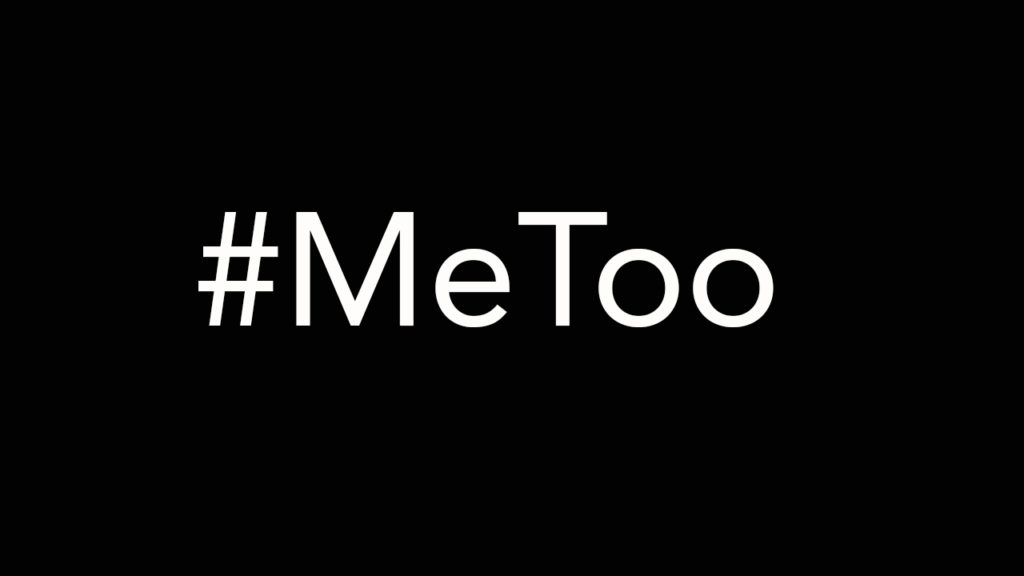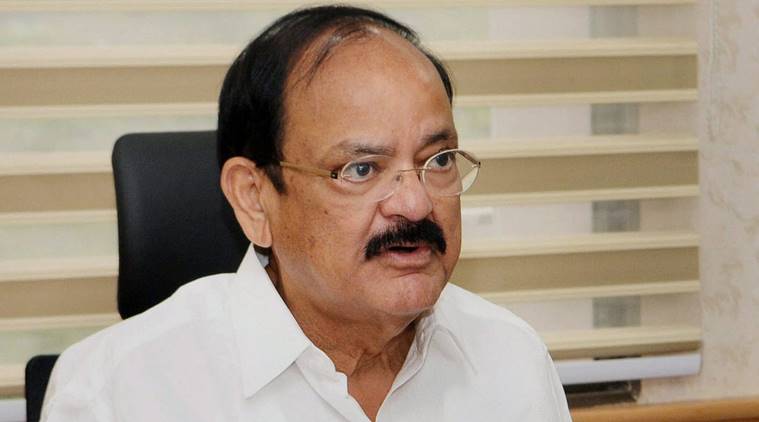
The # MeToo movement may have started out in the West but in the true spirit of ‘ sisterhood’ it has managed to draw in women set apart at least geographically…In India the first salvo was fired by Tanushree Dutta, an actor in the Indian film industry, who naturally was counter questioned by every passionate, concerned patriarchal voice who thought that someone who consented to bold scenes, sexy clothes and item numbers had no right to complain against an ageing stalwart’s gesture of grabbing her by hand in order to teach her some dance steps. After Tanushree we had more women come out. Unfortunately we also witnessed deep schisms in the Indian social fabric with men complaining of being wrongly accused and playing the victim card. The hashtag #MeToo and the word ‘feminism’ seemed like ugly ‘ Westernised salvos intent on destroying the reputation of men, and polluting the pure Indian social fabric. That it aimed at expanding the cultural conversation about what is acceptable behaviour and acknowledged the right to stand up against any small or big abuse was glossed over. But for awhile we were assured that the workplace would clean up. However, by and large the movement continued to hold more sensational value than aiding the cause of those suffering.
Therefore the news of Sotheby India’s MD Gaurav Bhatia’s caught in the # Me Too accusations are both disturbing and gratifying. The former because of the 18 year old who was subjected to a nightmare, pounced upon without solicitation ,grabbed and groped and forced into a servile position that left him “shocked and scared”. Such incidents are physically exhausting and mentally daunting not just for the victim but those well outside it, the audience. Assuredly the boy will need many years before he can come to grips with the experience. If he is lucky, well , he might be able to heal without the scars constantly simmering beneath the conscious and well adjusted façade. In case he isn’t quite that fortunate, he will join the ranks of those scores of people across the world who grapple with such violent and abusive experience without a time- space limit.
Women have largely formed a big part of those abused, sexually or otherwise. At some level the calling off of Gaurav Bhatia’s deplorable behaviour may have turned the entire movement towards a wider intellectual space. For one, it’s no more limited to gender, cases specifically of women assaulted by men in positions of definite power and authority. This accusation has taken the # Me Too scene beyond its restrictive confines although gender continues to be a major part of the discourse and debate. As Mr. Bhatia goes off unceremoniously on leave, the debate finally opens into its logical text -the ambit of Perpetrator vs Victim. The emphasis on gender was in a way diluting the fight. Now the spotlight seems to be back on the psychology of the person in power/ authority who thinks it is quite within acceptable behaviour to ask an employee for sexual favours and if denied make things undeniably stifling.
Feminism, while taking up the fight for women for equality and empowerment is ultimately subsumed into the scores of movements that are against discriminatory practices, like casteism or racism. Of course millions do believe that equality between genders, all genders, must be a part of our daily intellectual engagement, yet many find the word ‘feminism’ disturbing or overwhelming. Semantics be put aside, women’s issues need to be accorded the same importance as caste or class or race. Those who oppose the word and its representations often have never faced instances of discrimination in their personal lives or have been socialised so thoroughly that the awning gender divide seems like a piece of fiction. Patriarchy has deeper roots than one believes and the recent ugly accusations levelled against some women who have blown a whistle on their perpetrators are indeed unhappy proof. The adjective ‘ patriarchy’ stands for a culture that believes in systematised hegemony and in India which also has a thriving caste- class structure, it is also deeply hierarchical. So a Dalit women faces the double disadvantage of gender and caste and her position is often the saddest. The # Me too gave some teeth to women, albeit those in a certain strata.
As stories of varying degrees of predatory behaviour came out, the world at large woke up to just how unsafe the workplace was. And as accounts and skeletons tumbled out a sense of victimhood overcame the majority. Denials by men, threats and emphatic arguments followed. This was also followed by a systematic effort to defame the women involved, the easiest method being to attack her character and make question her climb to the top. “ He did help her gain ground at the workplace, so why complain about it after so many years”. Collective consciousness is outraged. The moot point is why question the timing and the women’s credentials. Why not keep the conversation and the enquiry limited to the act of forcing a human into a position which compromises personal safety and mental sanity. This is where Gaurav Bhatia has contributed to the conversation. It does not matter whether he is found guilty or acquitted. The very allegations have contributed to the # Me Too. No more is the movement about man vs woman. Rather it is about a human who belittles rules of civilised society and strips the other of dignity. Yes, this is finally about dignity and respect, for one never forces those we respect or value into such cramped hell holes of subjugation and exploitation.
Saonli Hazra is an educator and free lance writer.










































